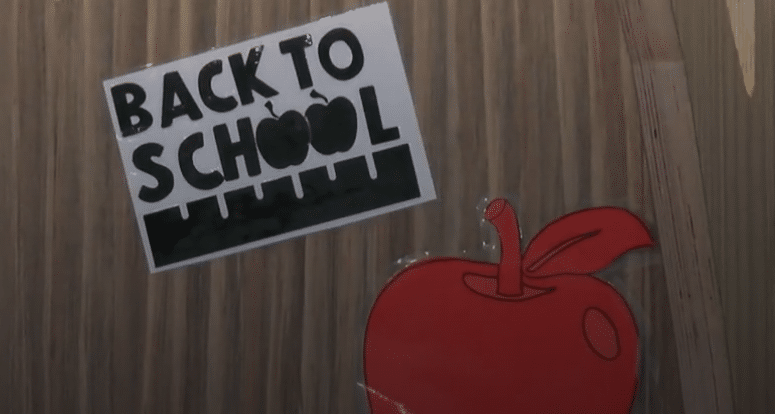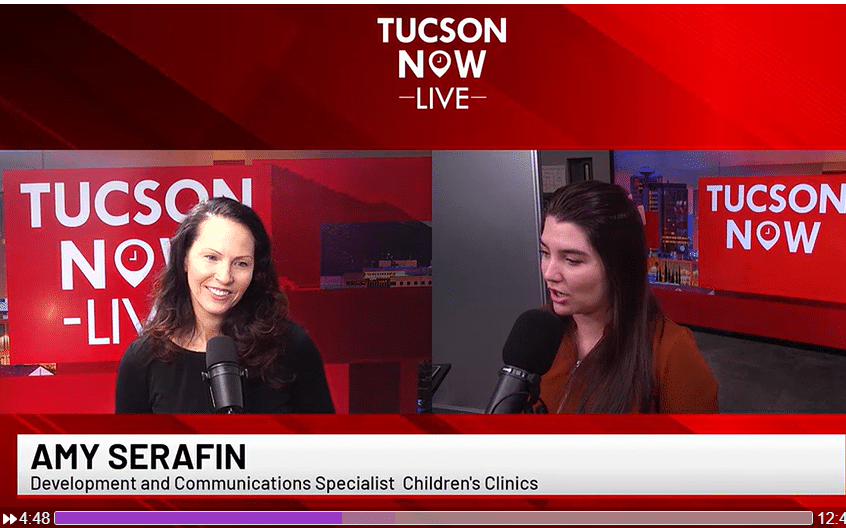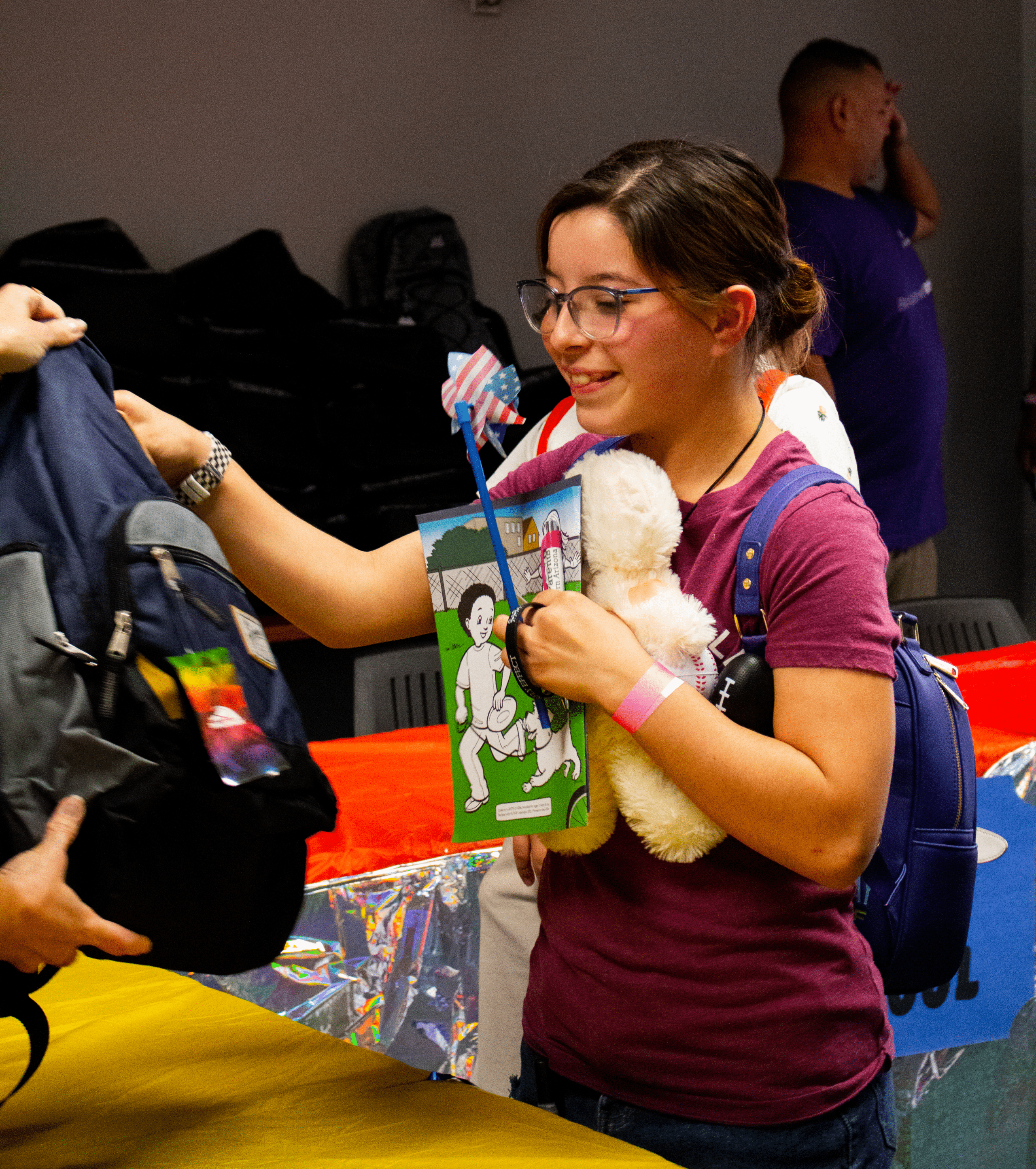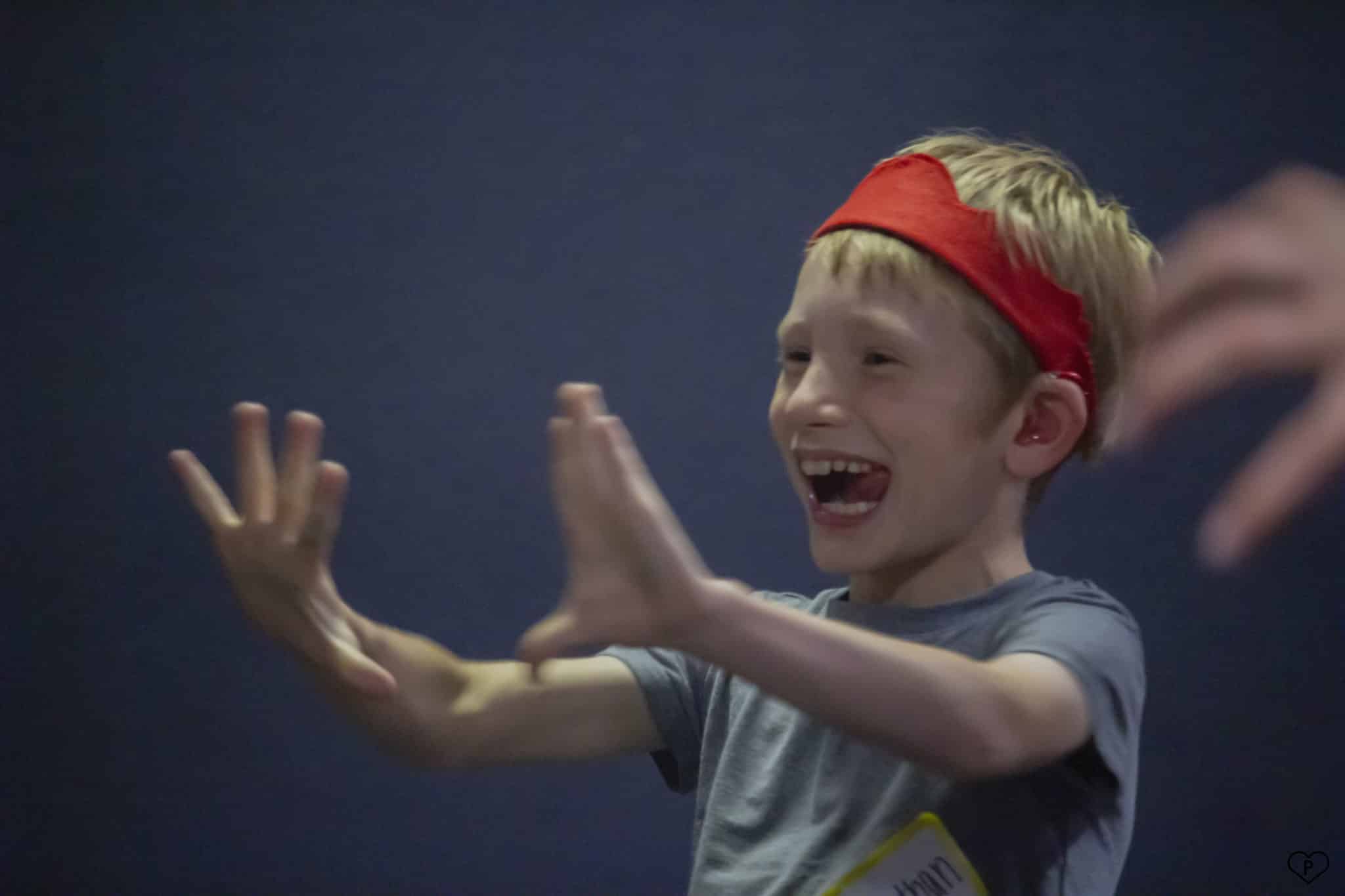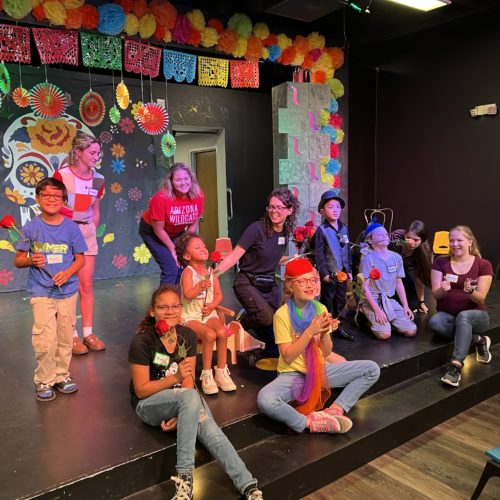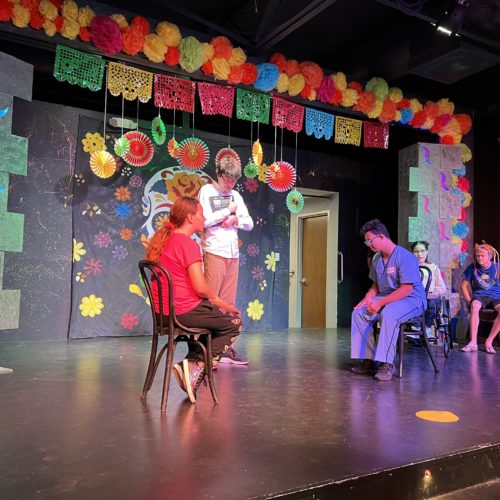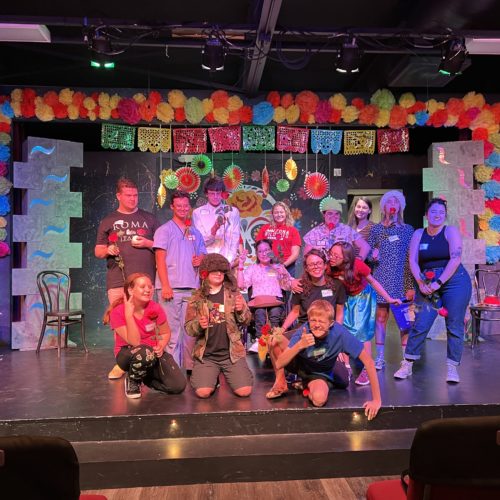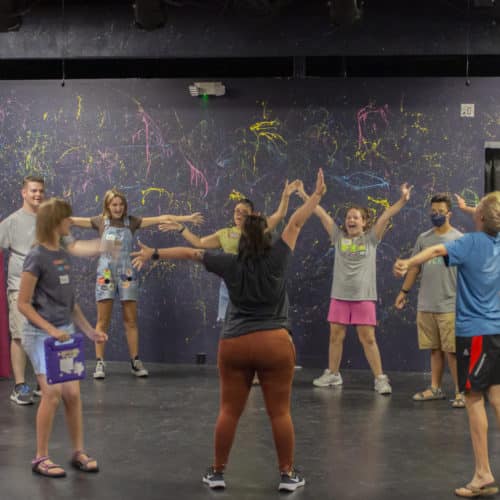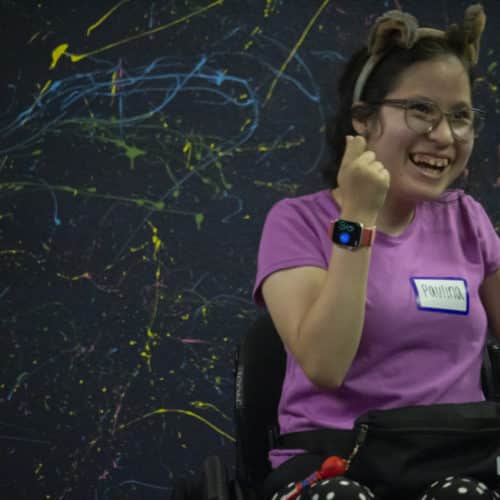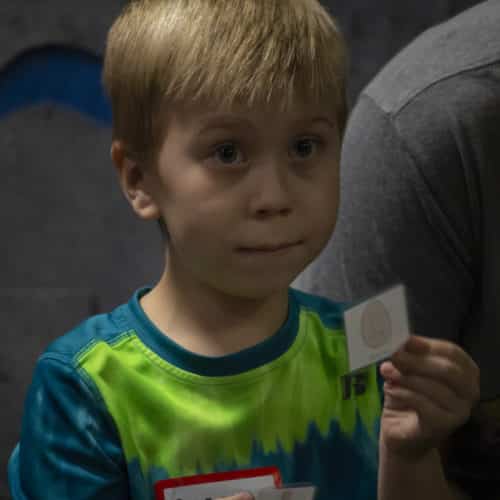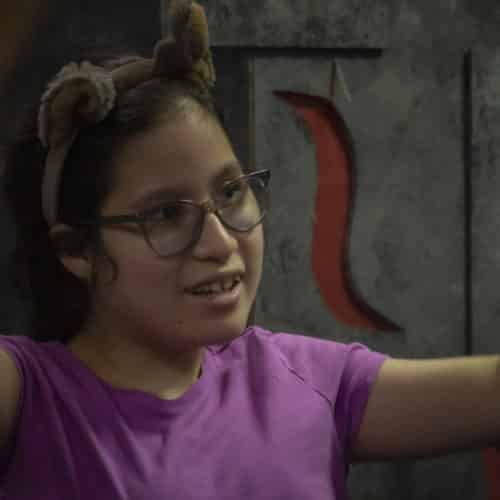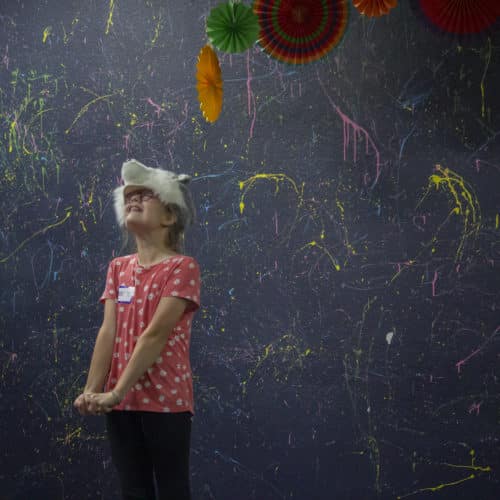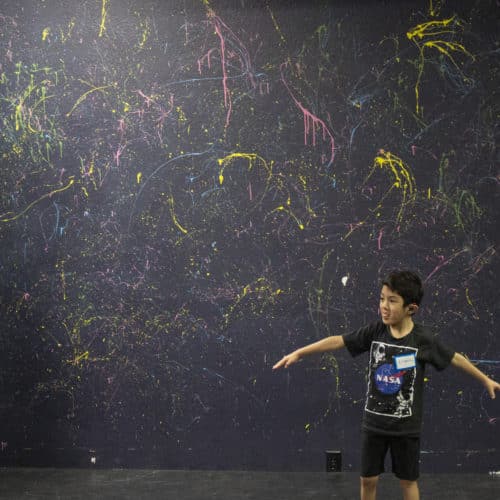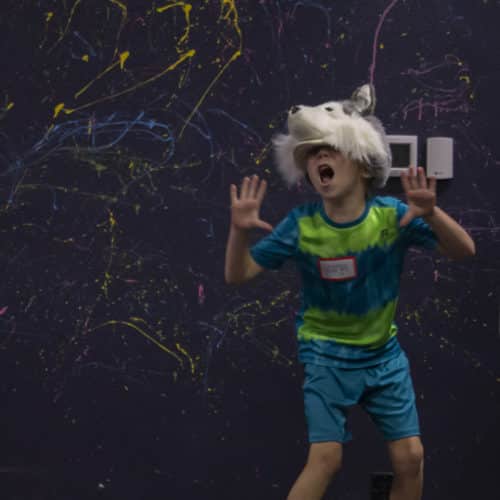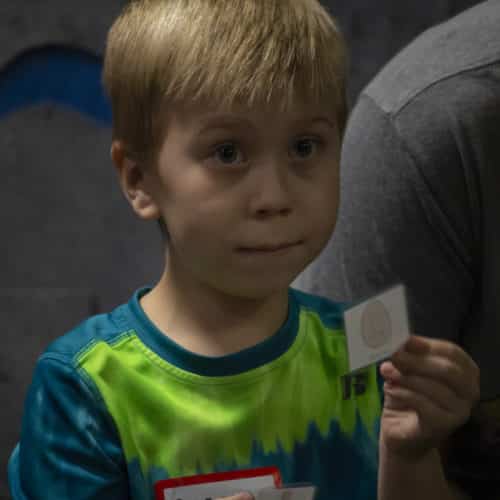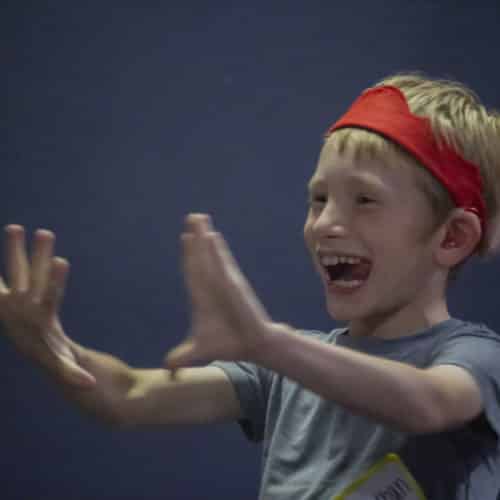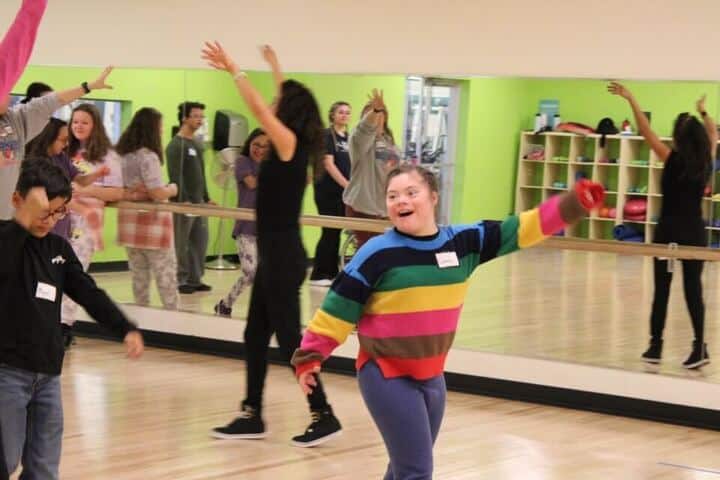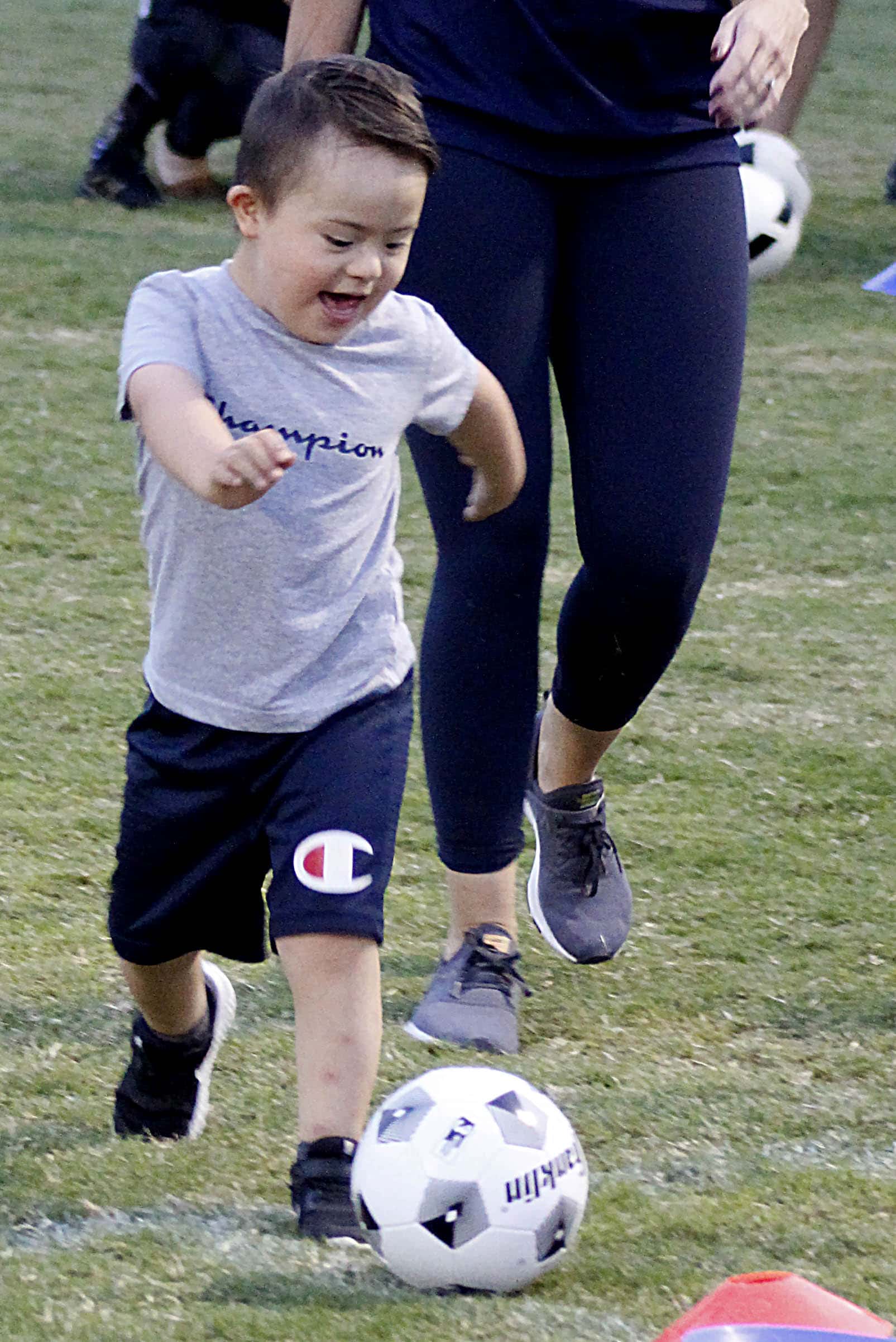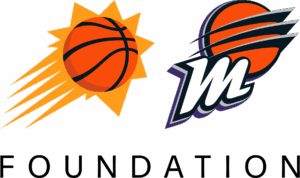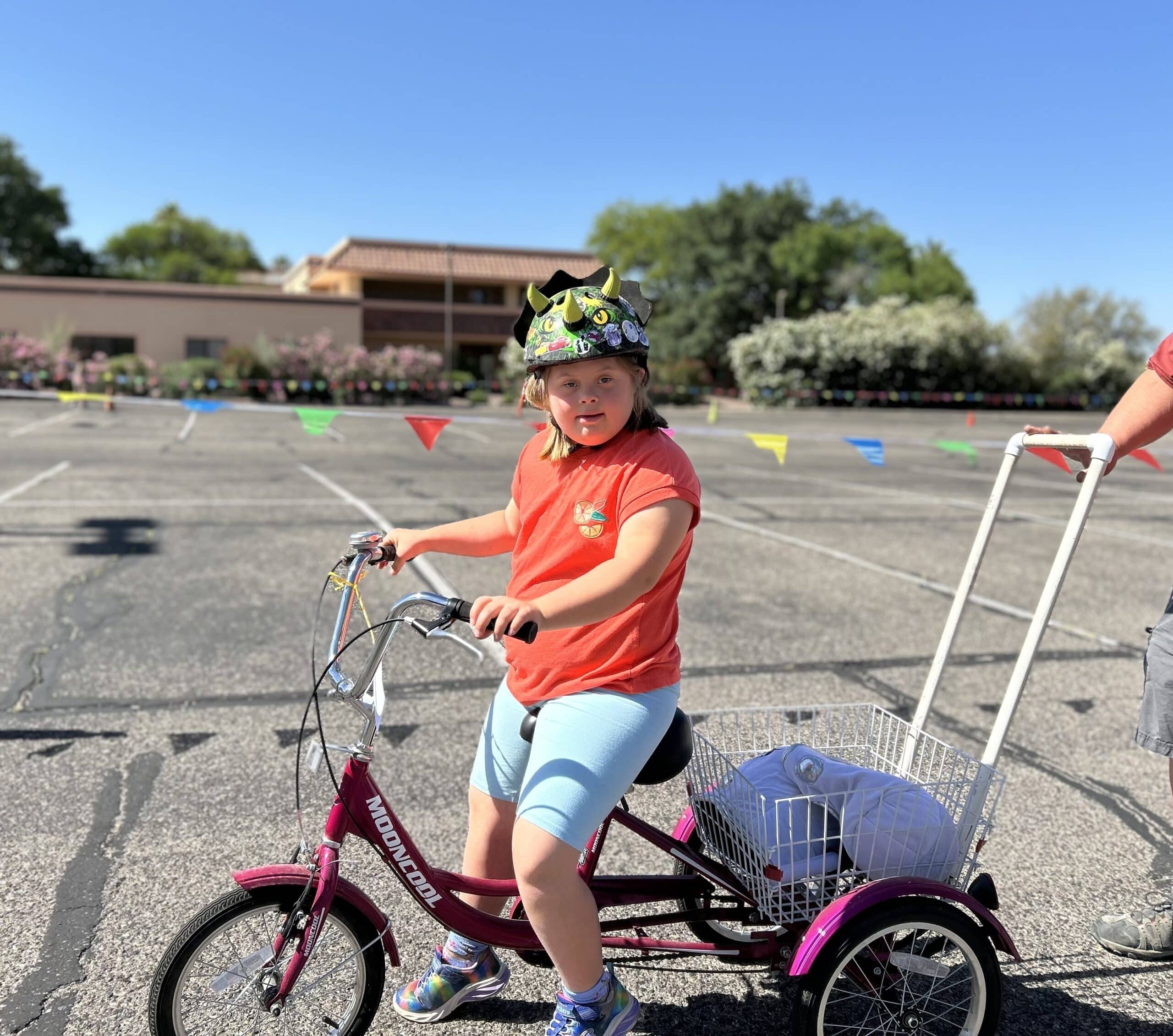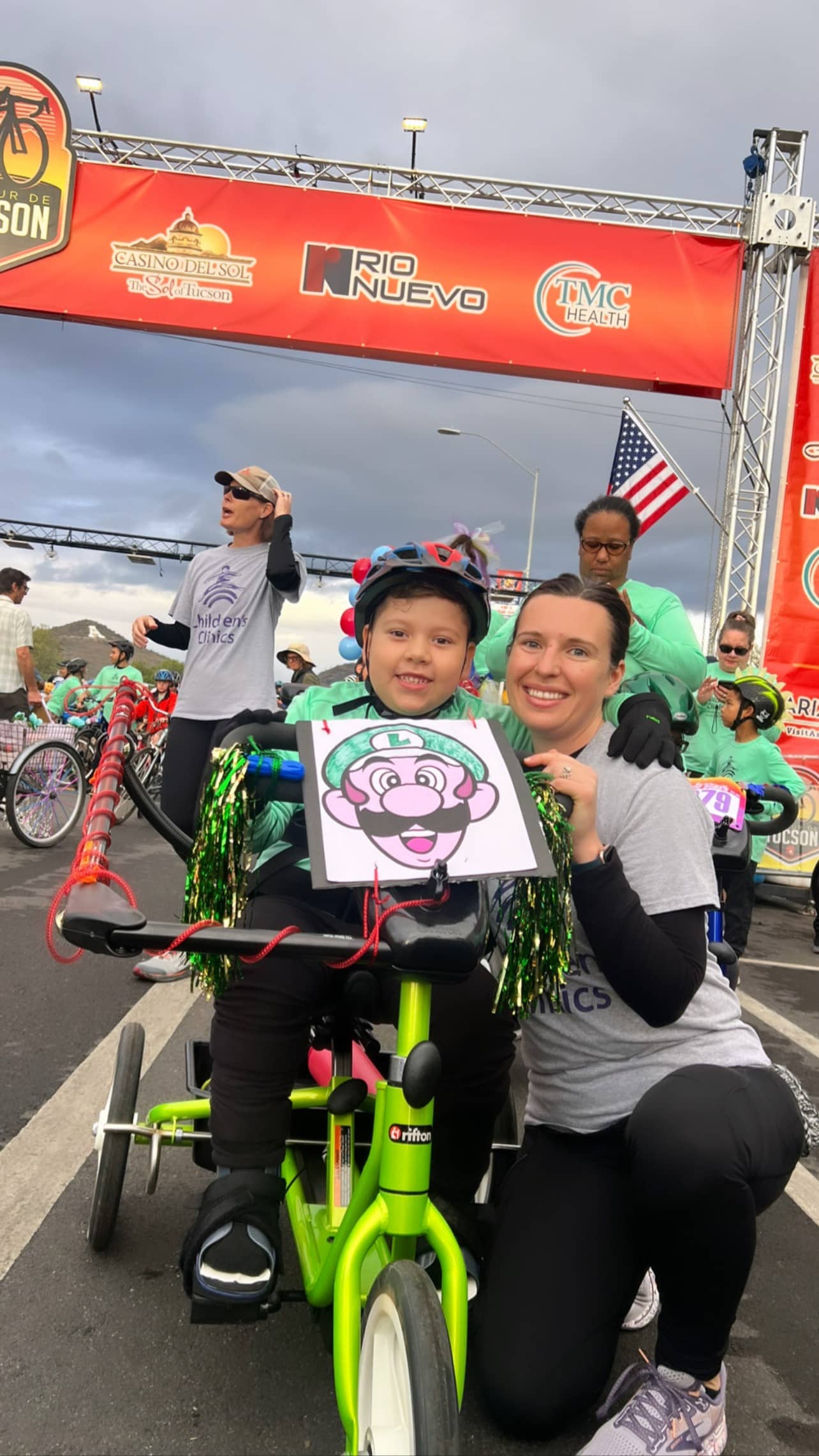NEWS ALERT FOR IMMEDIATE RELEASE
Children’s Clinics and Mercy Care Team Up to Host Annual Back-to-School Fair.
Tucson, AZ (July 7, 2025) – Children’s Clinics, a local nonprofit outpatient care center for children with special healthcare needs, is excited to announce its annual Back-to-School Fair, proudly sponsored by Mercy Care, with additional support from Supercuts, Walmart, QuikTrip, and Truly Nolen. The event will take place on Friday, July 11, from 2:00 PM to 5:00 PM at the Children’s Clinics campus at 2600 N. Wyatt Drive.
This beloved event provides children and families with essential school supplies, free haircuts, and a sense of readiness for the new school year. Supercuts stylists will be on-site offering fresh haircuts to patients and their siblings, helping kids feel confident and prepared as they head back to class.
“For families raising a child with complex medical conditions, back-to-school time can bring significant financial strain,” explained Jared Perkins, CEO of Children’s Clinics. “This event goes beyond providing supplies and haircuts, it’s about giving our families the chance to begin the school year with dignity, confidence, and the support of a caring community.”
Mercy Care has been a longstanding partner in supporting this event. “Families of children with complex medical needs navigate challenges that extend far beyond healthcare,” said Debbie Hillman, Mercy Care’s Chief Administrative Officer. “That’s why we’re proud to support Children’s Clinics’ back-to-school event—ensuring these students have the essentials for a strong start to the year. At Mercy Care, we believe in fostering healthier, brighter futures for our community, helping every member thrive and reach their fullest potential.”
With the generosity of sponsors like Mercy Care, Walmart, QuikTrip, and Truly Nolen, Children’s Clinics will distribute 600 free backpacks filled with supplies, ensuring that children with medical complexities and their siblings can return to school ready for success.
The event will be held on Friday, July 11, 2025, from 2:00 PM to 5:00 PM at Children’s Clinics, Square & Compass Building, 2600 N. Wyatt Drive, and is for Children’s Clinics patients and their families only. Mercy Care representatives will be present, not only handing out backpacks, but also promoting their wellness check program for children. In addition, Supercuts hairstylists will be on-site to deliver haircuts to Children’s Clinics patients and their young family members.
Children with complex illnesses face different challenges than other children, and most of Children’s Clinics’ families have children with multiple simultaneous pediatric illnesses, meaning that they face even greater challenges. In addition, 95% of Children’s Clinics’ families are low-income and face job and housing insecurity due to the amount of time devoted to caring for their children. Children’s Clinics has been hosting this Back-to-School event for over 12 years, assuring that their patients and their families have the essentials needed for a new school year.
About Children’s Clinics: Children’s Clinics is a 501(c)(3) nonprofit, outpatient care center that has served children with special healthcare needs and their families in southern Arizona for over 30 years. Children’s Clinics offers 25 different medical and dental specialties on a single campus, as well as wraparound social services and special programs for children with complex illnesses such as cerebral palsy, spina bifida, muscular dystrophy, sickle cell, and many others. The mission of Children’s Clinics is to provide a family-centered, comprehensive medical home to meet the special needs of children and families. www.childrensclinics.org
About Mercy Care: Mercy Care is a not-for-profit Medicaid managed-care health plan, serving AHCCCS members in Arizona since 1985. Mercy Care is a local company sponsored by Dignity Health and Ascension Health. Mercy Care provides access to physical and behavioral health care services for Medicaid-eligible families, children, seniors, and individuals with developmental/cognitive disabilities. Learn more at http://www.MercyCareAZ.org.

